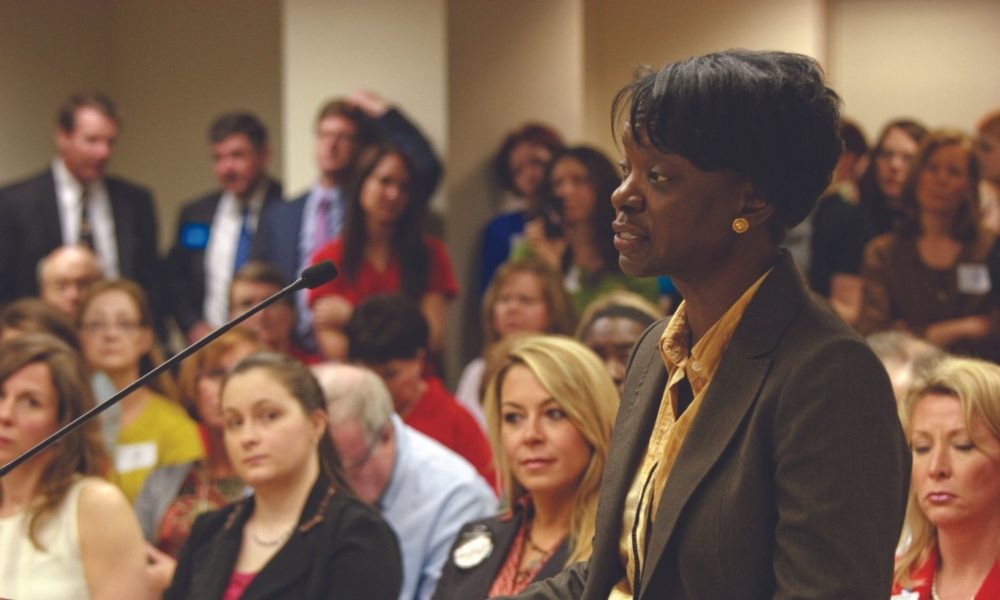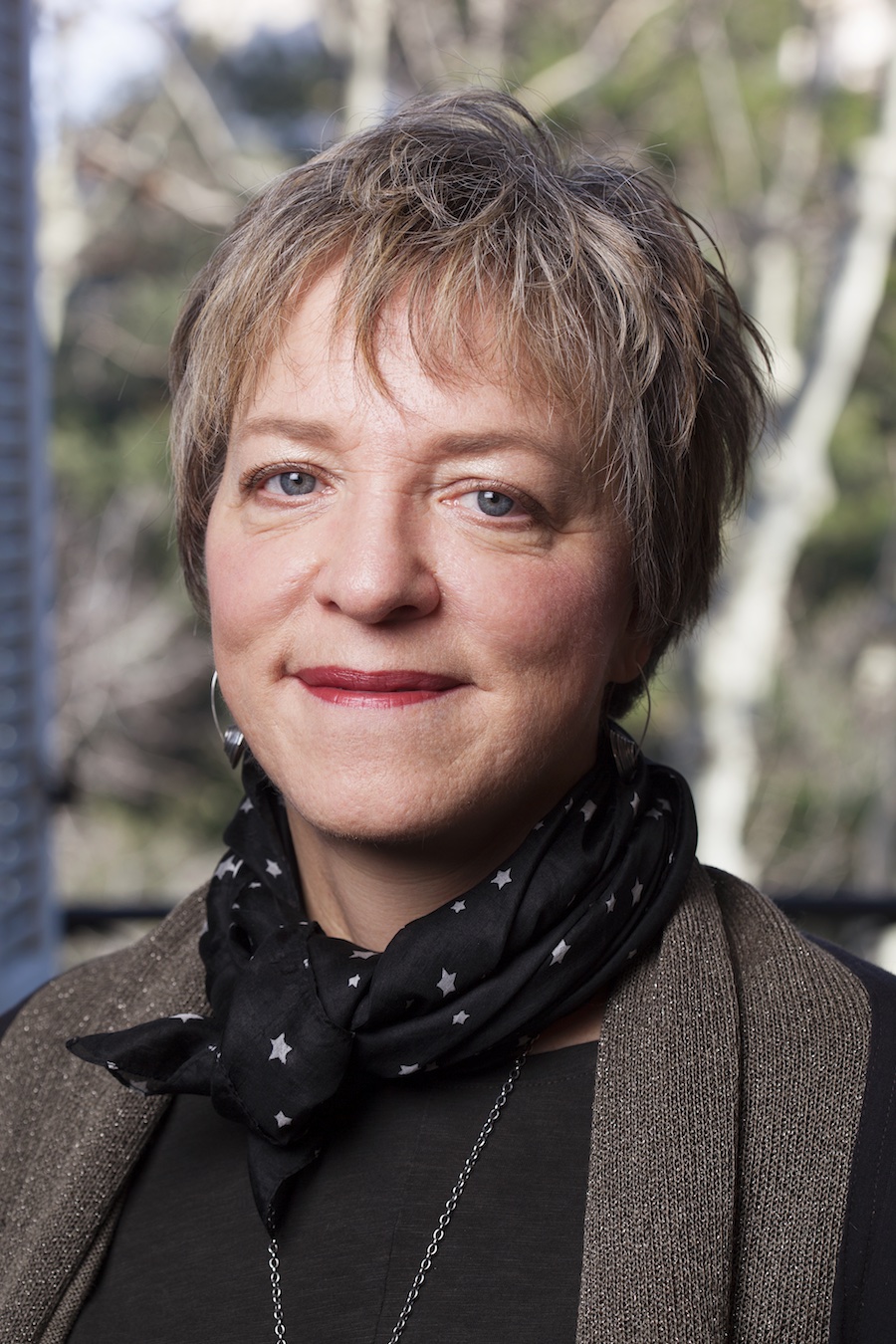After months of collecting and analyzing data from a participatory survey on environmental health conducted in a polluted industrial region, we had arrived at the big moment: we presented it to the local community in an open public meeting in the town hall. Our epidemiological statistics revealed most of the health issues the residents had suspected, but for which they previously had no science to support their claims. At the end of the meeting, one of the residents–a shop owner and civic leader–raised his hand, then stood up and said, “We are not statistics. This data is not us!” While we were taken aback by the directness of his comment, we had planned an additional step in our participatory research process: to further interpret and analyze the data in collaborative workshops.
Unfortunately, scientists’ community engagement often ends with the presentation of data to the public and the publication of a final report. Some years ago I met with the director of an international environmental nonprofit organization. He expressed frustration that they had hired the best scientists and made sure their study had no perceived political bias… but when they gave the study to the local people, nothing happened. It was as if their work was for naught; the study was not used to promote environmental or regulatory change. What was missing from the scientists’ engagement with the public was a critical component: collaborative and deeply inclusive interpretation and analysis of the data with the community, prior to releasing the report.
Collaborative data analysis for policy impact
When those people for whom the science matters most are able to participate in the shaping of science, they are able to better contextualize that knowledge, making it more relevant to their life. The data collected can evolve from tables and statistics to meaningful knowledge that can easily be conveyed by local people to the media, regulators, and politicians.
Collaborative analysis to answer a community’s questions about environmental concerns might look something like this:
- Scientists present the initial data they collect to local communities in a workshop. This can be data they have collected via participatory methods, and/or data they have gathered from government sources.
- The workshop participants are able to view the data and ask questions, suggest hypotheses and ideas for further analyses, and add their experience related to pollution or illness (or whatever the study data represents) in a collective discussion with others in their community.
- The workshop deliberation space is a catalyst for scientists and residents thinking together towards developing science that reflects and includes local knowledge and values.
Scientific reports that emerge from such processes reflect a hybridization of quantitative and qualitative data, infusing statistics with the empirical observations of lay people. Additionally, the participatory process of workshopping data and inviting input and reflection from local people for whom the science is more relevant aligns with science communication research on attention and motivation. People have greater capacity for understanding and personally processing science if it connects to both: 1) people’s preexisting observations and beliefs, and 2) concrete events or outcomes that can impact their lives, or those that they care about. In collaboratively making and shaping science with people, it is more likely that the science will travel through the voices of the people who helped make it.
The social integration of knowledge via collaborative analysis leads to a stronger and more relevant report compared to the socially remote knowledge that is often contained in official state studies or other scientific documents. Inclusively reporting data-in-context enables laypeople to be better advocates for policy, speak to the press and agency officials, and build community capacity for further action.
Participatory science is supportive of a new kind of “scientific citizenship.” Part of the process is reframing civic institutions and institutional approaches to science to not only be more inclusive, but to also invite new kinds of “questioning communities,” a move that can strengthen not only science but also democracy. Science can also learn from other fields and social movements about how to better support communities and address inequities. We know that we need both community members and scientists to be actively involved in informing policy to have a thriving democracy. As we face multiple crises, from coronavirus to climate change to systemic racism, we would do well to remember that when we come together in discussion and deliberation, sharing what we know, we can create the best outcomes for all.

